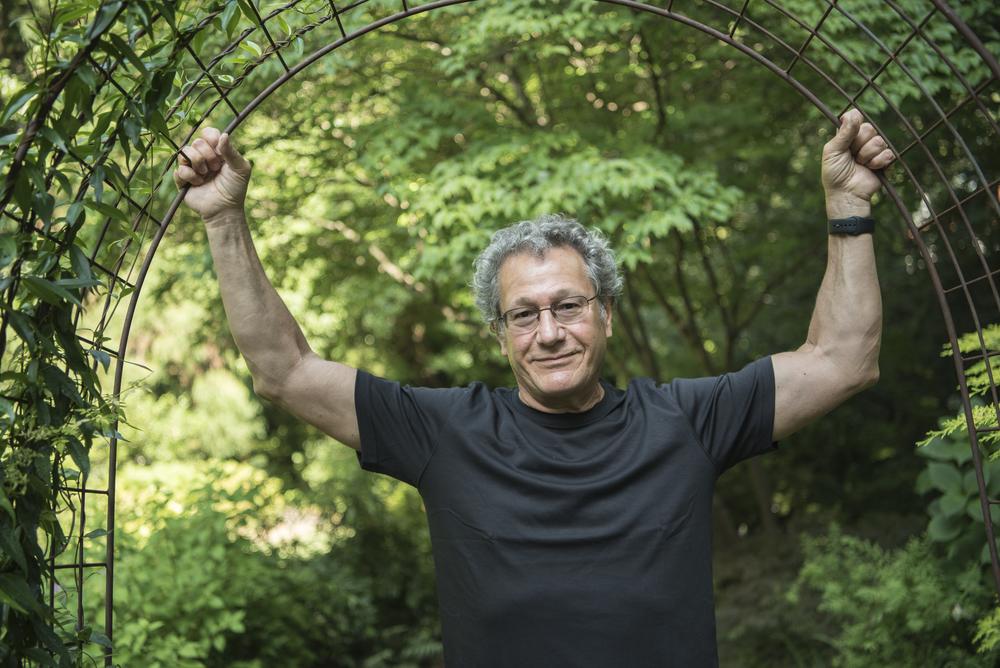
Caption
Mark Rosenberg, the former director of the CDC's National Center for Injury Prevention and Control, poses for a photo outside his Atlanta home on June 28, 2016. He says several fundamental questions would benefit from in-depth federal research: What leads to gun violence? What are the most effective ways to reduce it? What is the best way to craft legislation to make it happen? And perhaps most importantly, how might this work without infringing on Americans’ Second Amendment rights?
Credit: Lisa Marie Pane, AP





